Last week, a United Nations Dispute Tribunal (UNDT) judge issued another extraordinary decision that demonstrates the Tribunal’s respect for whistleblowers. Like last month’s Wasserstrom decision, this judgment shows that UNDT - the court of first instance of the two-tier internal justice system through which UN employees contest violations of their rights – is committed to ensuring that UN whistleblowers are protected.
In Dzuverovic v. Secretary-General of the United Nations, the applicant, a former United Nations Human Settlements Programme (UN-HABITAT) employee, contested the Office of Internal Oversight Services’ (OIOS) refusal to investigate her disclosure of recruitment and procurement irregularities in UN-HABITAT. OIOS failed to inform the applicant of this decision until 2010, fifteen years after she made her initial disclosure. In the meantime, she was subjected to retaliation, including decisions that “proved to be to the detriment of her career,” (para. 72) and ultimately separated from service.
Unfortunately, Judge Nkemdilim Izuako was compelled to find that the case was inadmissible at the Tribunal, as Dzuverovic missed the UN’s ridiculously short 60-day statute of limitations for contesting an administrative decision. But, although the Judge dismissed the case, she took the extraordinary step of “RECOMMEND[ing] it to the Secretary-General for sympathetic review with a view to bringing substantive justice and closure to it” and pleaded for him to take “a compassionate view.” (Paragraphs 74 and 61,original emphasis) This appears to be the first time that a UNDT judge has made such a recommendation in a whistleblower case, and the fact that it is emphasized in the text of the ruling suggests that the judge expects this recommendation to be taken seriously. The judge also wrote that:
This recommendation is made bearing in mind the special measures that have been put in place with regards to the protection of whistleblowers who risk their jobs, professional lives and livelihoods by courageously seeking to expose wrong-doings within the Organization. The United Nations, being the foremost international Organization for setting standards for governments and other organizations, needs to review the case of this Applicant as this will serve not only the ends of justice but also to reassure whistleblowers that they are indeed protected. (paragraphs 75 and 76).
Amen!
UN whistleblowers could certainly use the Secretary-General’s reassurance. The UN Ethics Office, which is charged with reviewing retaliation complaints and safeguarding the interests of UN whistleblowers, has only found retaliation and recommended relief in one of the approximately 297 retaliation complaints that it has received since its launch in 2006. And that outlier whistleblower has yet to be fully protected from retaliation. The Secretary-General should take action in that case – and Ms. Dzuverovic’s – to ensure that justice is done.
In addition, GAP recommends that the UN General Assembly revisit the deadline for submitting a request for Management Evaluation and an application to the Tribunal. The 60-day statute of limitations is a major flaw in the UN justice system. According to best practice whistleblower policies from around the world, six months is the minimum functional statute of limitations for whistleblowers to become aware of or act on their rights … and one-yearstatutes of limitations are consistent with common law rights and are preferable. Also, a review should be done of the propriety of OIOS’ decision not to investigate Dzuverovic’s disclosures due to “resource constraints” and, if any of the alleged wrongdoers remain employed by UN-HABITAT, an investigation should be opened.
Shelley Walden is International Officer for the Government Accountability Project, the nation's leadingwhistleblower protection and advocacy organization.
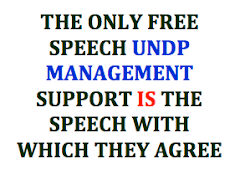



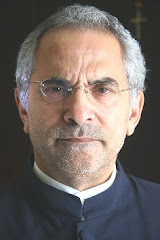
















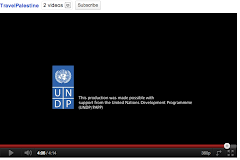

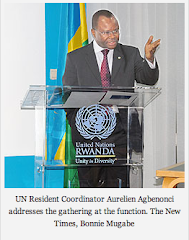



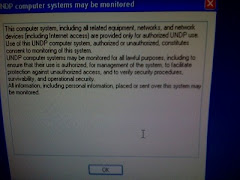

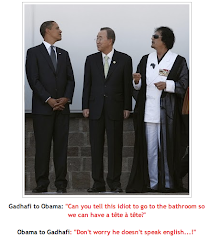
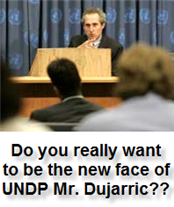






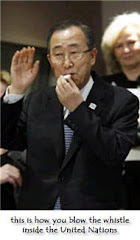
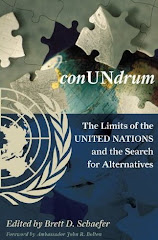

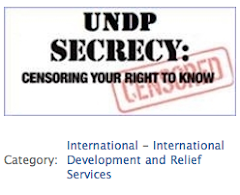






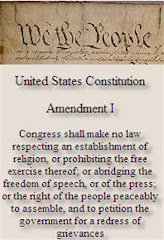
No comments:
Post a Comment